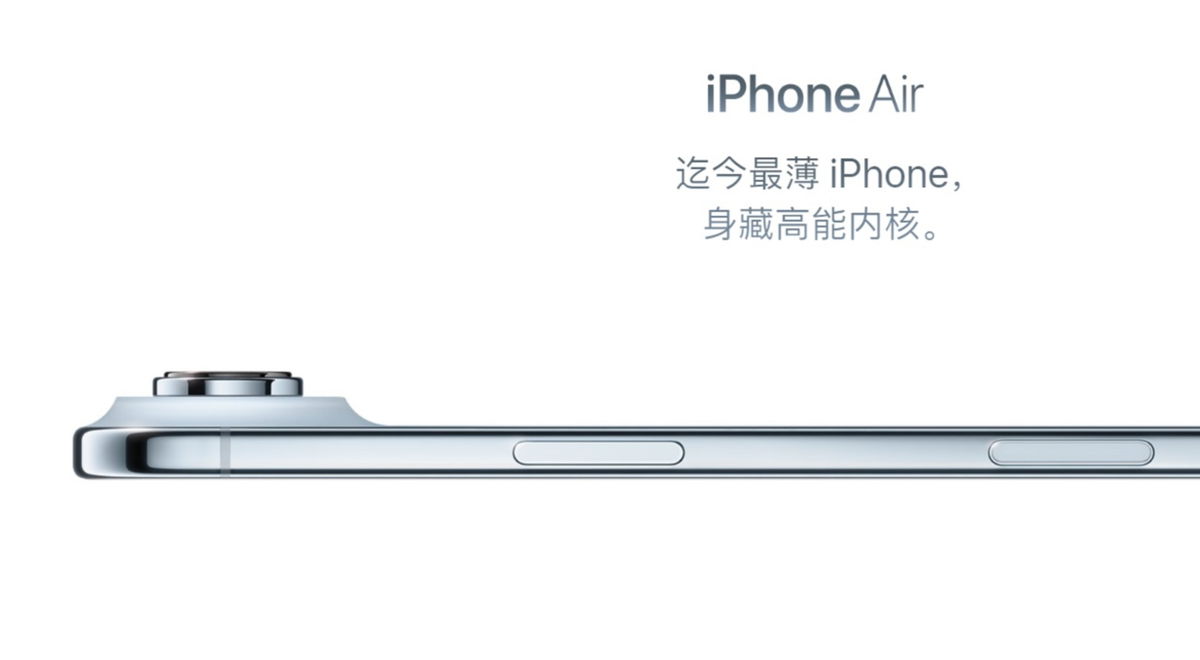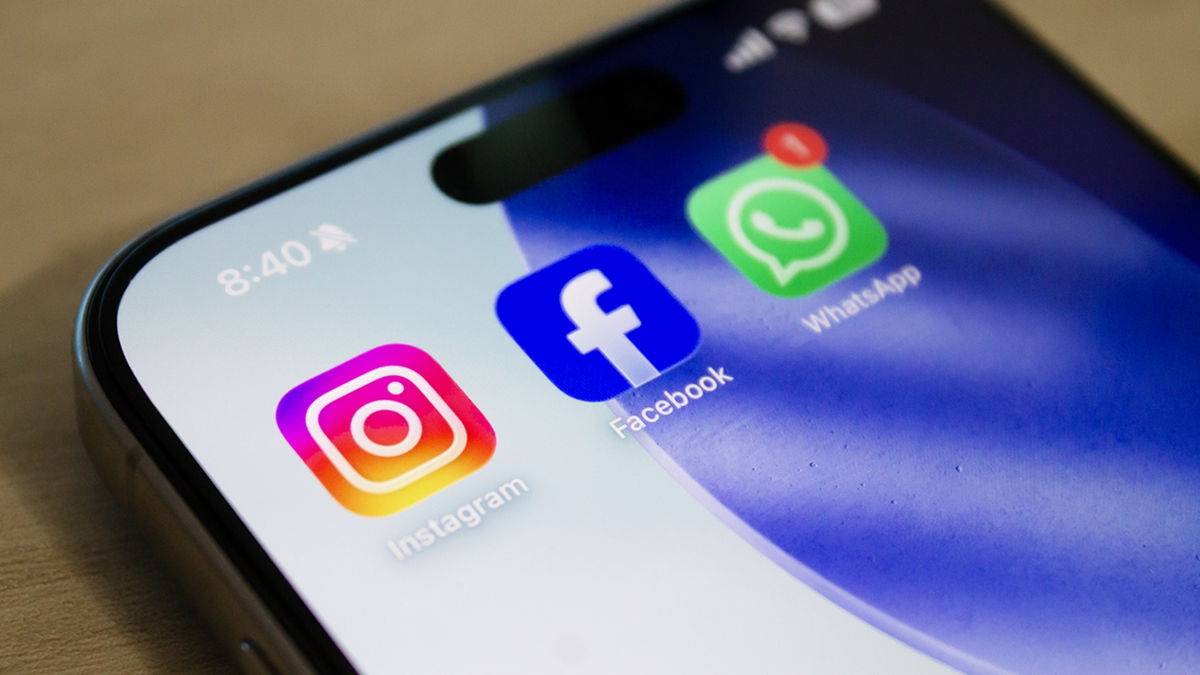If you’ve ever wondered Why is your car insurance getting more expensive?, your driving style can give you a clue. General Motors, Honda, Kia, Ford and other manufacturers collect data about your driving behavior, such as the time of acceleration, deceleration or exceeding a safety limit. This information is shared with insurance companies, in most cases without the user’s consent.
Investigation The newspaper “New York Times learned how General Motors and other automakers track their customers through safety-enhancing apps. A feature known as OnStar Smart Driver is present in GM vehicles. collects data by monitoring driving style. This allows you to find out detailed information about the trip, such as distance traveled, sudden acceleration and braking or speeding.
The app, which aims to “make us smarter and safer drivers,” offers challenges and badges for completing certain missions or maintaining a streak. Smart Driver uses typical mobile game resources to hook the user. What the driver doesn’t know is that everything The information goes into a database that insurance companies have access to..
The report cited the case of Kenn Dahl, a Chevy Bolt driver who discovered his car insurance had been increased by 21%. When he questioned the increase, the agent told him it was because of a report from LexisNexis, a company that produces reports for insurance companies. This company’s report included risk assessment based on road traffic accidentscollected using the Smart Driver application.
Your car transmits more information than you thought
LexisNexis is a data analytics provider that has an agreement with General Motors. While the user unlocks achievements and earns prizes, Smart Driver transfers information to third parties. This data will be used to create reports that companies will use to sell you personalized insurance.
While personalized insurance is nothing new, applications must obtain explicit consent from the driver to collect your information. Like Dahl, other users reported increases in their policies and said that They had no idea that the machine had shared their data.. One particular case involved a Corvette whose owner’s insurance was increased after it was used on a race track.

The problem is not unique to General Motors, as applications similar to Smart Driver are also available from other manufacturers. Verisk, a company similar to LexisNexis, offers DrivingDNA, a dataset of GM, Honda, Hyundai or Ford vehicles..
“Avoid long observation periods and calculate a personalized driver discount based on pricing behavior by accessing normalized telematics data from millions of connected vehicles on the exchange. DrivingDNA data can be tailored to the requirements of rating models and “proprietary rating rules, including events.” specific acceleration and braking aggregates, mileage and other trip-level details.”
Verisk DrivingDNA
Given the allegations, General Motors assured that it is sharing information with LexisNexis and Verisk and that obtains user consent when Smart Driver is activated. GM is using an old terms of use trick where companies They hide information in pages of text that no one reads.. Manufacturers are offering a solution that promises to improve safety by extracting information without the driver’s knowledge.
Tesla and Nissan are a privacy nightmare
The Mozilla report warned against this practice when analyzing vehicles from 25 brands. The investigation found that modern cars pose the greatest safety threat, as they collect data through sensors, cameras and other systems. While manufacturers like Tesla are a privacy nightmare, Nissan This is the worst because it collects health data, genetic information and even your sexual activity.
According to Mozilla, 84% of car companies transfer their customers’ personal information to databases. He 76% violate privacy by selling this information to third parties. to deliver targeted advertising. The worst part is that 92% of manufacturers don’t provide control over your personal information.
Source: Hiper Textual
I’m Blaine Morgan, an experienced journalist and writer with over 8 years of experience in the tech industry. My expertise lies in writing about technology news and trends, covering everything from cutting-edge gadgets to emerging software developments. I’ve written for several leading publications including Gadget Onus where I am an author.














